https://images.hive.blog/DQmTPB1MtCuRBhGL6HzmLcyDVgs19DfekbsuzpEkNTfjFyf/c.jpg
# How are your health goals going in 2021? [
 ](https://www.bitchute.com/video/iopBVMyqYq7o/)
](https://www.bitchute.com/video/iopBVMyqYq7o/)
There are multiple approaches about health. However not all of them are about optimal health. This article is about optimal health. Why? How many reasons do we have to compromise our health? i don't know and i don't think we have enough. These days we're encouraged, to be responsible for our health and for the health of all the others, to prevent disease. Most disease is disease of lifestyle that comes from bad nutrition. So knowledge about good nutrition can help us maintain our natural state of health and prevent needless suffering. In the following lines by disease i mean disease of lifestyle, as this is the one we can control. A common approach for health sounds like this: >Take this medication and you'll be ok! A medication doesn't change our lifestyle. Since an unhealthy lifestyle created the disease in the first place, this approach always fails. The medical approach is comforting because it treats symptoms. However it doesn't address the cause. Treating symptoms is actually the way to chronic disease, as the untouched cause continues to aggravate the disease. The cause of disease can be solved by healthy living practices, not by medication. A superficial (on the surface) approach is one way to deal with disease. Another approach is to work on the cause, in which case we can remove the cause. Warning: - This article is not for people who want medical advice. - This article is only for people who like # The second approach: maintaining our optimal health i'm not a doctor and - i don't share knowledge about the first approach: working on the effects = solving effects = solving symptoms through medication. - i share knowledge about the second approach: working on the cause = solving the cause. The knowledge i share in this article is from more qualified people and it’s based on factual information that's available to the public. i highly recommend you to do your own research about health and draw your own conclusions, as your health is your responsibility. # The goal of this article By the end of this article you can see that the solution for optimal health is a simple lifestyle. So then Why would we live a complicated, unhealthy lifestyle? Physical health is not even a growth need, it's a basic need. When our basic need of health is simple, we can focus on more important matters e.g. our growth needs. So, How about we simplify the key for optimal health? Would that be a good goal for this article? Then why the need for a long article? - 1 oversimplification can leave room for misinterpretation and - people might wonder what's the basis, the contex for that simplification. E.g. in a previous video i talk about fruits and vegetables. In that case i leave a lot of room for misinterpretation, as there are multiple types of fruits and vegetables. In this article i intend to correct my mistake by being more specific. So here’s the contex you might be looking for: # Optimal health = optimal food The idea of optimal food (species specific food) is pretty simple: Every species has its digestive tract adapted for foods specific to it and every species maintains its optimal health with those foods. Can we eat other foods and survive? Yes. There are people who eat unhealthy foods and they survive. This doesn't mean unhealthy foods are healthy, does it? There is a difference between surviving and optimal health. It's up to you to decide how you want to negotiate your health: - You can enjoy Optimal health or - You can settle with less. How many obese chimps are there? I don't know and i don't think there are too many. Overweight & obesity are consequences of eating food that's not optimal. Just like animals, we don't have to worry about our weight when we eat optimal food. When we cook food we destroy some of the nutrients and we create toxins: - Mutagens that accelerate our own aging process. - Carcinogens that cause cancer in us. - Teratogens that cause birth defects to our children, grandchildren, great-grandchildren, etc. depending on when the cumulative effect reaches a threshold. Not to mention - The stuff that already exist in animal foods, such as hormones, antibiotics, cholesterol, saturated fats, etc. - Digestive leukocytosis = the body produces white blood cells when we eat cooked food. Btw typically the body produces white blood cells during an infection. Most disease comes from bad nutrition (toxins and nutrient deficiency). So - How responsible are we for our health when we consume bad nutrition? - How responsible are we for our children’ health when we offer them bad nutrition? - How responsible are we for the prevention of disease that comes from bad nutrition? - How responsible are we for the health of our descendants when we pass them teratogens? - When are we gonna take responsibility for our health and for our children’ health? - How many reasons do we have to eat foods that cause disease in us and in our descendents? - i don't know and i don't think we have enough. Great news: there are foods that don't require cooking: some fruits and vegetables. When we eat food that doesn't require cooking i.e. live food, - we can prevent disease that comes from the toxins in cooked food. - we can prevent disease that comes from the nutrient deficiency of cooked food. Imagine how many disease we can prevent when we eat healthy food. Health can also be: - simple, as we don't have to complicate with cooking food when we eat live food, - delicious, as fruits are delicious. Our life can be healthy, simple and delicious. How can we beat this combination? Here's another tough riddle: What's more important, the food in your life or the life in your food? 1 kilo of avocado is different than 1 kilo of bananas: - In one case we get more fat than sugar (carbs), - In the other case it's the other way around. So, How do we know which case is healthier? - Too much fat blocks the red cells from delivering oxygen to the cells, because a fatty blood causes the red blood cells to clump together. - Too much fat blocks the effect of insulin of bringing sugars to the cells. When you can't get sugar out of the bloodstream, you describe diabetes. When you eat more than enough fat, you follow a recipe for high blood sugar and its effects. - Too much fat blocks the arteries, because it builds up in the inner wall of the arteries. - Not to mention that using fat as fuel produces more toxic byproducts than using carbs. Avocados, nuts and seeds (overt fats) are extremely high in fat. When it comes to fat, it doesn't matter it's origin. Fat is fat. There is some fat in fruits and vegetables so we don’t need to eat overt fats at all. Without overt fats we can still eat enough fat for our body requirements. When optimal health is our goal, to make sure we don't eat more than enough fat, we can eat optional small amounts of overt fats. What does “small amounts” mean? 2 tbsp nuts (12-17g) / seeds (16-22 g) or half an avocado is all we need. More than enough protein shorten the telomeres of our chromosomes. The shorter our telomeres, the shorter our life. More than enough protein speeds the aging process. Our digestive system is almost identical with the one of chimps. How many protein deficient chimps are there? I don't know and i don't think there are too many. Just like chimps eat enough protein from plants, we can do the same. # Optimal health = Optimal digestion The better our digestion, the better we absorb nutrients. For optimal health, we can eat food that's easier to digest. So it's simple to know what veggies are optimal, as some veggies are easier to digest than others: Of all the vegetables, tender greens are the easiest to digest. Chimps mainly eat one fruit / meal with or without tender greens. Of all the tender greens, lettuce is the easiest to digest. When optimal health is our goal, we can have variety even for veggies, as there are multiple varieties of lettuce. So our optimal food is great for people who like simplicity. You don't have to complicate with making a salad to eat lettuce since it's easy to digest. You can pull out a few lettuce leaves and grab some fruit. They digest perfectly together. It's easy. It's quick. It takes no time. # Optimal health = Optimal amount of food Otherwise we can end up being ill. This also applies to live food (raw food). This is one of the main reasons people quit on live food: they tend to feel so bad and many sadly even go back to eating animal foods and state raw-vegan diets as the reason they were unwell. When in fact they’re not eating enough. What does "enough" mean? Enough is different for every one of us, as we're all different. To find what enough means, we can experiment and see how much food we need to feel satisfied. No need to stuff ourselves though. We can eat until satisfied and track the food at the beginning to see how much we need. # Optimal health = Optimal food combining Including different fruits at the same meal leads to difficult digestion, as they require different digestive mediums, as they have different compositions. It's easier to digest 1 type of fruit per meal. So when optimal health is your goal, you don't have to worry about food combining, since you have only 1 type of fruit. # Optimal health = optimal nutrition: - Macronutrients: carbohydrates, protein, fat i.e. what you read so far. - Micronutrients: vitamins and minerals. How do we know we eat enough micronutrients? The guidelines for eating enough food are not exact science, as the nutrition we absorb from our food depends on multiple factors. E.g. ## Our ability to absorb the nutrients in turn depends on how healthy our life was so far, as eating unhealthy foods builds up a mucoid plaque that hinder our ability to absorb nutrients. Hence, the healthier our lifestyle, the healthier our body, the more nutrients we can absorb from our food, the less food we need to meet our nutrients needs. ## The nutrients of our food in turn depend on: - Time: the longer the time between when the produce is harvested and when you eat it the lower its nutritional value. This factor depend on food, as some foods hold up better over time. - Soil is a major source of nutrients for plant growth, etc. Depending on various factors (see above), lettuce can be more concentrated in minerals than fruits. So it can help us have optimal amounts of micronutrients. Depending on those factors, enough lettuce might mean: 1 to 2 heads of lettuce / day or a few heads / week. It's far easier to get enough energy when fruits are our main food, as they provide far more energy compared with the same amount of lettuce. Hence, for optimal health, we can eat 1 type of fruit / meal with or without lettuce. In an ideal world, on a lifestyle of enough fresh fruits and tender greens from nutrient-rich soil, we get enough macros and enough micros. However, we don't live in an ideal world. Food business (just like any other business) wants to maximize profits. So they create a product that makes a lot of money, not necessarily the one that makes a lot of health, as more nutrition require more money to invest = less money as profit. So in a day of enough fruits and greens we might get enough energy and not enough micros. So then Why would we bother with education about health? For optimal health: - Optimal food is still better than other foods. - Optimal digestion is still better than bad digestion. - Energy from carbs is still better than energy from fats. # Education about Optimal health Only recently i found education about: - The effects of excess fat. - The difference between tender greens and fibrous veggies. - The ratio between fruits and vegetables: veggies shouldn't be our main source of energy. Over the last years i went through several unhealthy phases; e.g. - i ate cooked legumes because i didn't know we're healthier without them. - nuts and seeds were the main food - this unhealthy life lasted for several years because i didn't know the effects of excess fat. - for dinner i ate a salad of fibrous veggies because i didn't know they take up valuable time & energy that could have been used for something easier to digest. At the point in which i recorded the series what i eat in a day, i had an unhealthy lifestyle because of lack of education. The third phase might be healthier than the previous two. Still, a meal of fibrous veggies is not a healthy habit. i don't want to pass on unhealthy lifestyles and i don't want to inspire people to go through the trouble of eating food that's hard to digest. As a consequence i no longer upload these episodes. - How many people know how to maintain their health? i don't know and i don't think there are enough. Otherwise, - How come most people have preventable disease? Now we live in a world in which after 12 years of education, we don't have education about health. - How come we don't receive education about health in the education system? - Should we allow this scenario to continue or should we solve it? - Do you think we can create a world in which children receive education in the education system? - What's stopping us from creating a better world? Since we receive no education in the education system about optimal health, it’s up to us to keep educating ourselves outside of the education system. This article is just the tip of the iceberg, it's an introduction, it's meant to spark your curiosity. - By educating ourselves we can help ourselves. - By sharing education we can help others. Imagine how many people we can help with education: by sharing education about optimal health we can help people see how simple it is to have a nutritious and delicious lifestyle. Some people recommend cooked food for the lifestyle where we can't eat frequently. I don’t see the reason to eat cooked food. Fruits digest relatively quickly, and that doesn't mean we need to eat frequently. Primates in the wild who eat mainly fruit, do not eat frequently. When food is plentiful, they eat according to hunger, and they don't stuff themselves until they can't walk, like some humans do. When optimal health is our goal, we should eat when hungry. It’s easier on our digestion to only eat 3 times / day, so we can get enough energy eating 3 meals / day. However, some cooked foods (junk-food, chocolate bars, cakes, cookies, pastry, etc) provide more energy than many fruits. Because of that, depending on what cooked food people ate previously, when they start a healthy lifestyle of live food, they might need a bigger amount of food to get the same energy, so they might need 4 - 5 meals. Also, as the body gets healthier, it gets more effective at absorbing food, so we need less food over time. I had a conversation about optimal food and the other person said: - We can't eat this, we can't eat that. What do we eat? Go ahead, knock yourself out trying to complicate your health and your life. Still, i believe it's not worth it, considering there is a simpler way. Instead of complaining about our optimal food, How about we're happy about the fact that we can be healthier than before by simplifying our life, by eliminating all the unhealthy, complicated foods? Some people can't enjoy simplicity and health and they feel better living complicated and sick lifestyles. As we keep our basic need of health simple, we can focus on more important matters, such as our growth needs. Also, as we simplify our life, we have more time to focus on our financial health that can help us ensure even better nutrition for ourselves and for our family. How about that? # Simplicity = variety. People who want variety can have it. In a week (ar even more) you can eat healthy without eating the same fruit twice, as there are dozens of edible fruits. # Resources: Offering resources might be challenging, as different people have different views. Still, offering resources might be useful, as people might wander what's the basis for this article. Here are some resources about: [food](https://youtu.be/sn-nojJs3Mg) [2](https://youtu.be/omb7Bj8Z76Y) [3](https://youtu.be/esDvoE76pk4), [fruits](https://youtu.be/fjGqpp4LHpw) [2](https://youtu.be/yJ-E2PDLCWA) [3](https://youtu.be/QZjZ0pDB4Qw) [4](https://youtu.be/ZykWclLcBLw), [greens](https://youtu.be/2kwH5AOquEI), [seeds](https://youtu.be/M2tWOkerFbs), [high blood sugar](https://healthhearty.com/effects-of-high-blood-sugar), [mucoid plaque](https://youtu.be/0Cj7aqyJ66Y), [cooked food](https://youtu.be/UVU-oF5YfTU) [2](https://youtu.be/CymW3STzeQw), [vitamins](http://health101.org/art_vitamins), [simplicity](http://health101.org/art_eating_simply.htm) For those who use Facebook, here are some communities about [optimal](https://www.facebook.com/groups/16869800873/) [health](https://www.facebook.com/groups/2044469662478478/). # Bottom line How is this context useful for keeping our health simple? When optimal health is our goal, we can eat 1 type of fruit / meal with or without lettuce. How can we get more simple than that? These are some ideas for how we can maintain our health simple. What you do with them is up to you. This article is part of [a book](https://hive.blog/life/@askmihai/my-gift-for-you). [Hive](https://hive.blog/trending/hive-159722) community [Discord](https://discord.gg/7pV5d9W) community Thanks so much for reading. Have a great day. See you in the next article. Until then, in the comment section you can share your opinion for the questions of this article.

Originally posted here: https://hive.blog/health/@askmihai/how-can-we-keep-our-health-simple-update


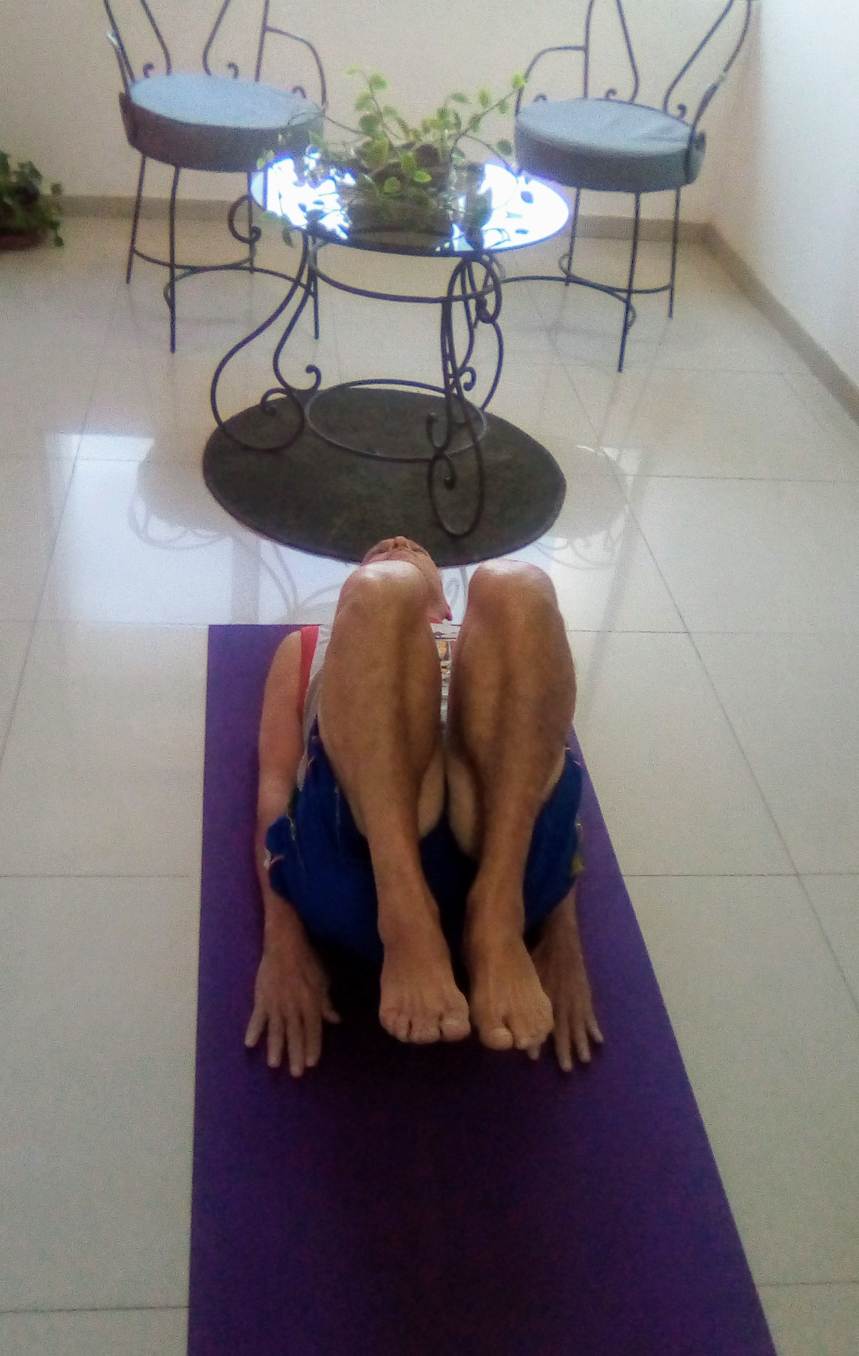

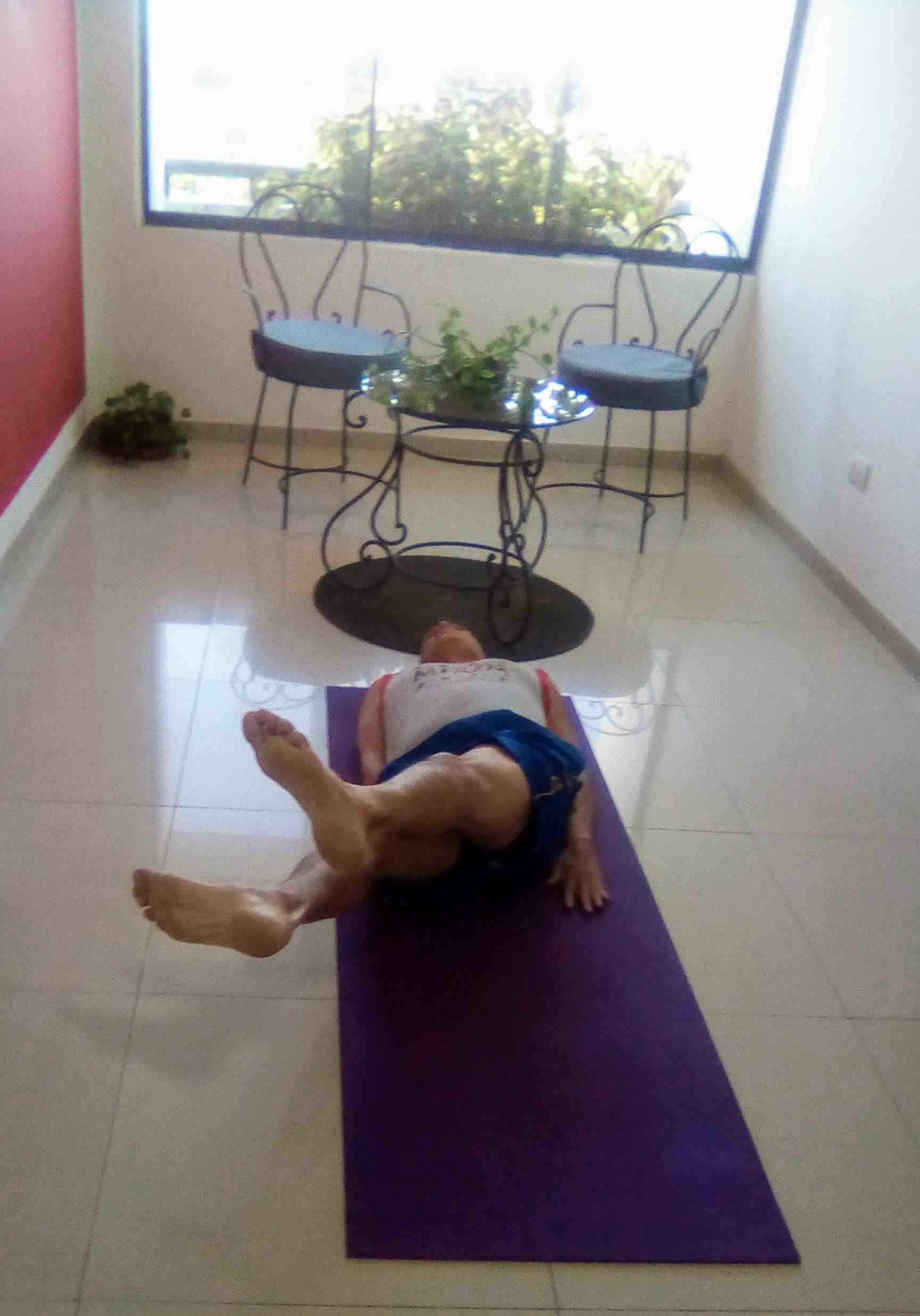


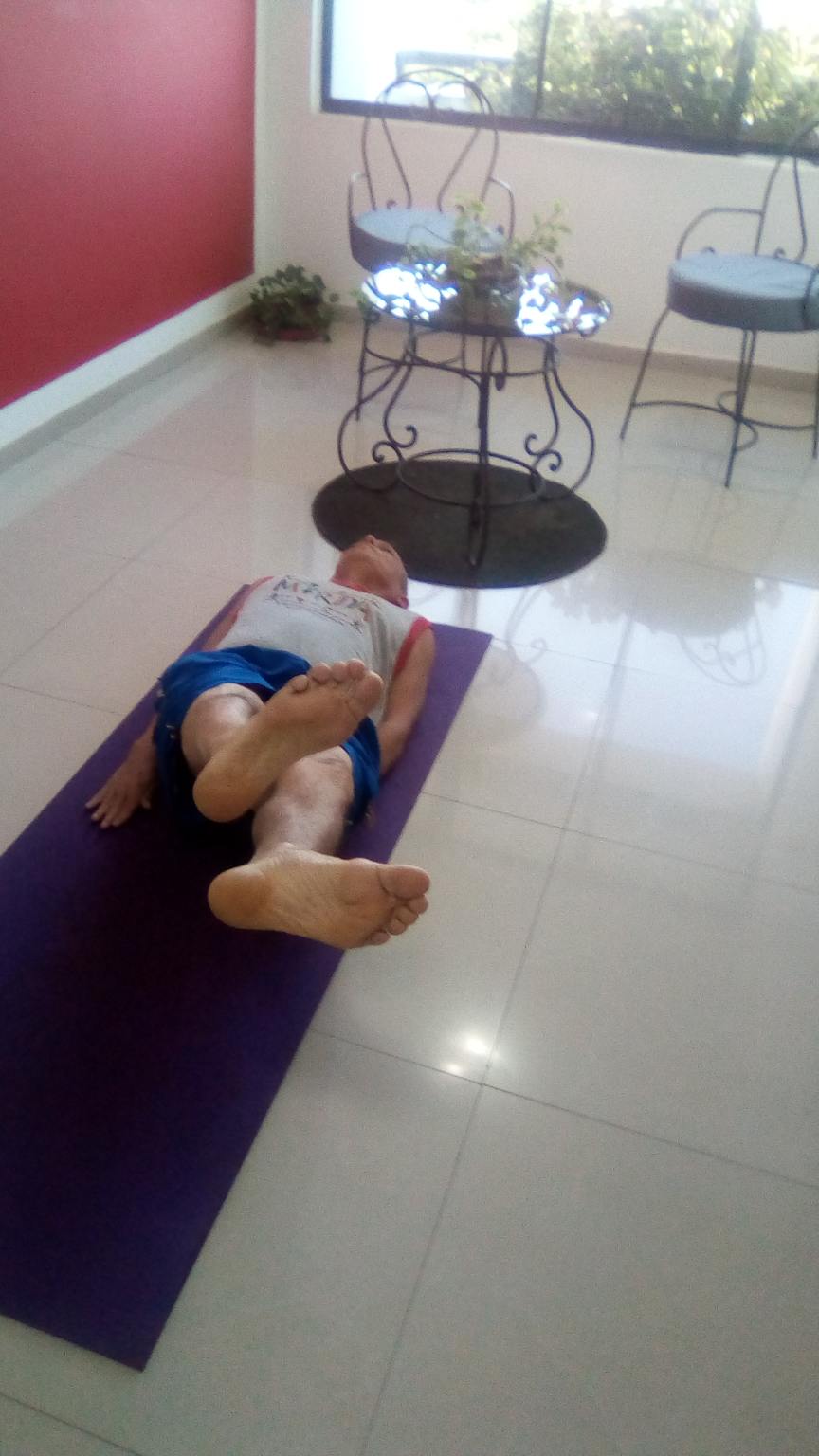
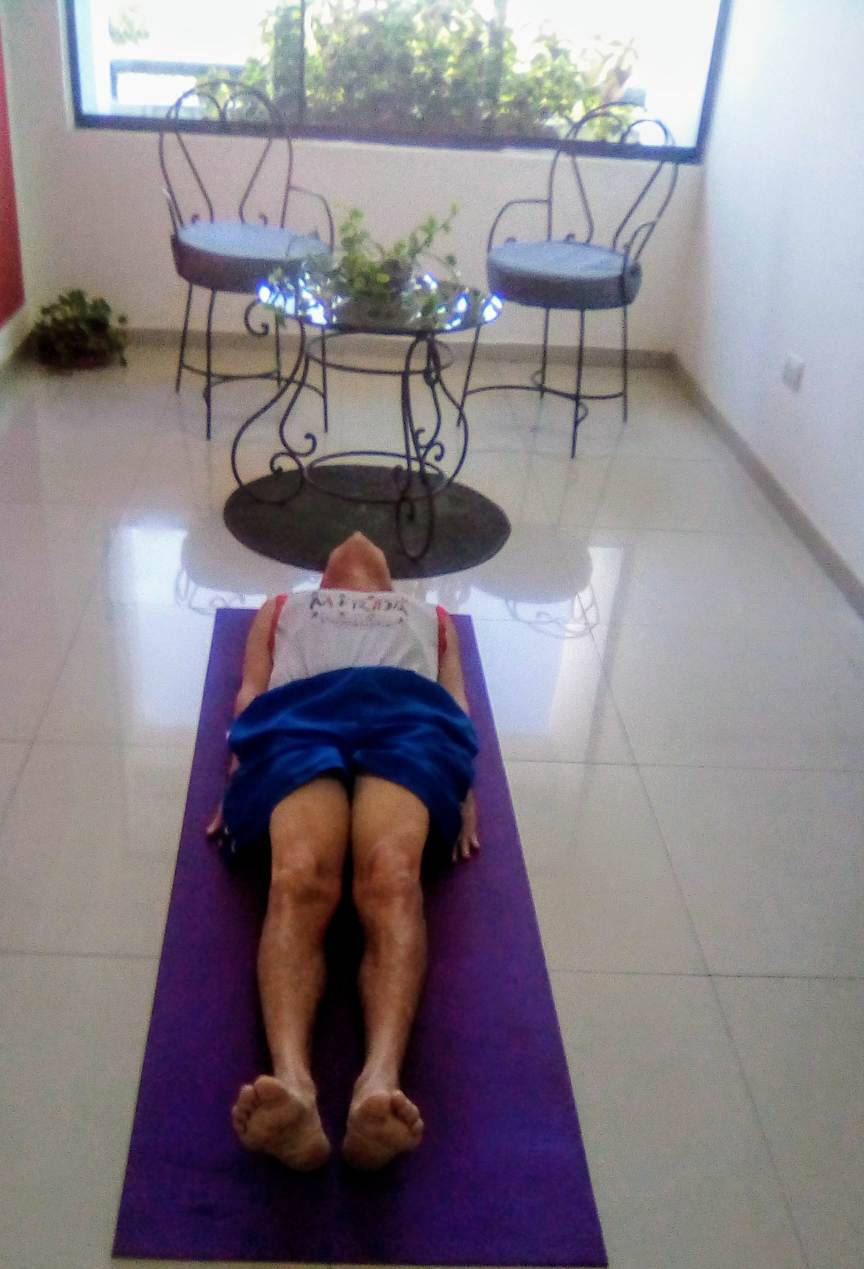
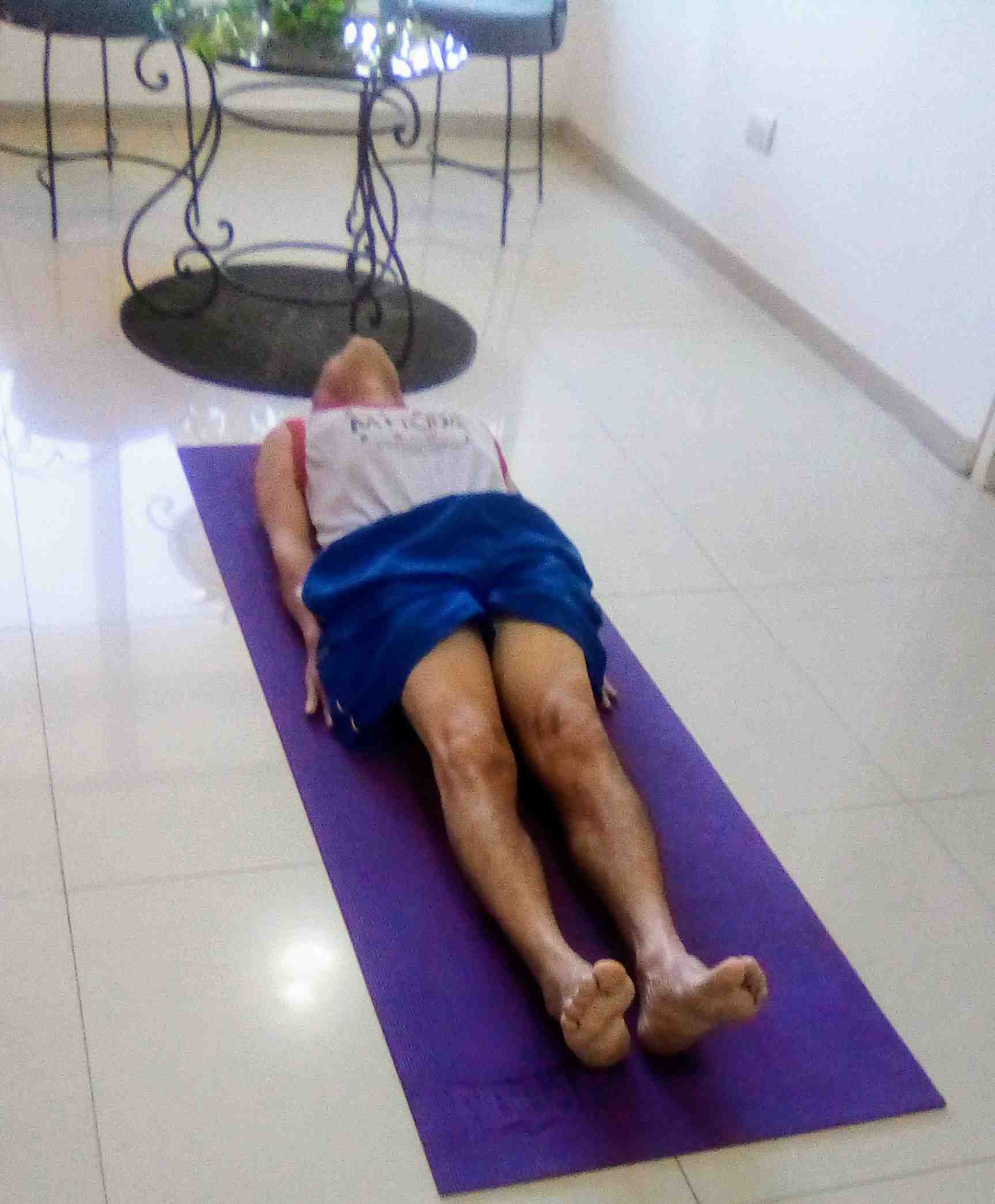
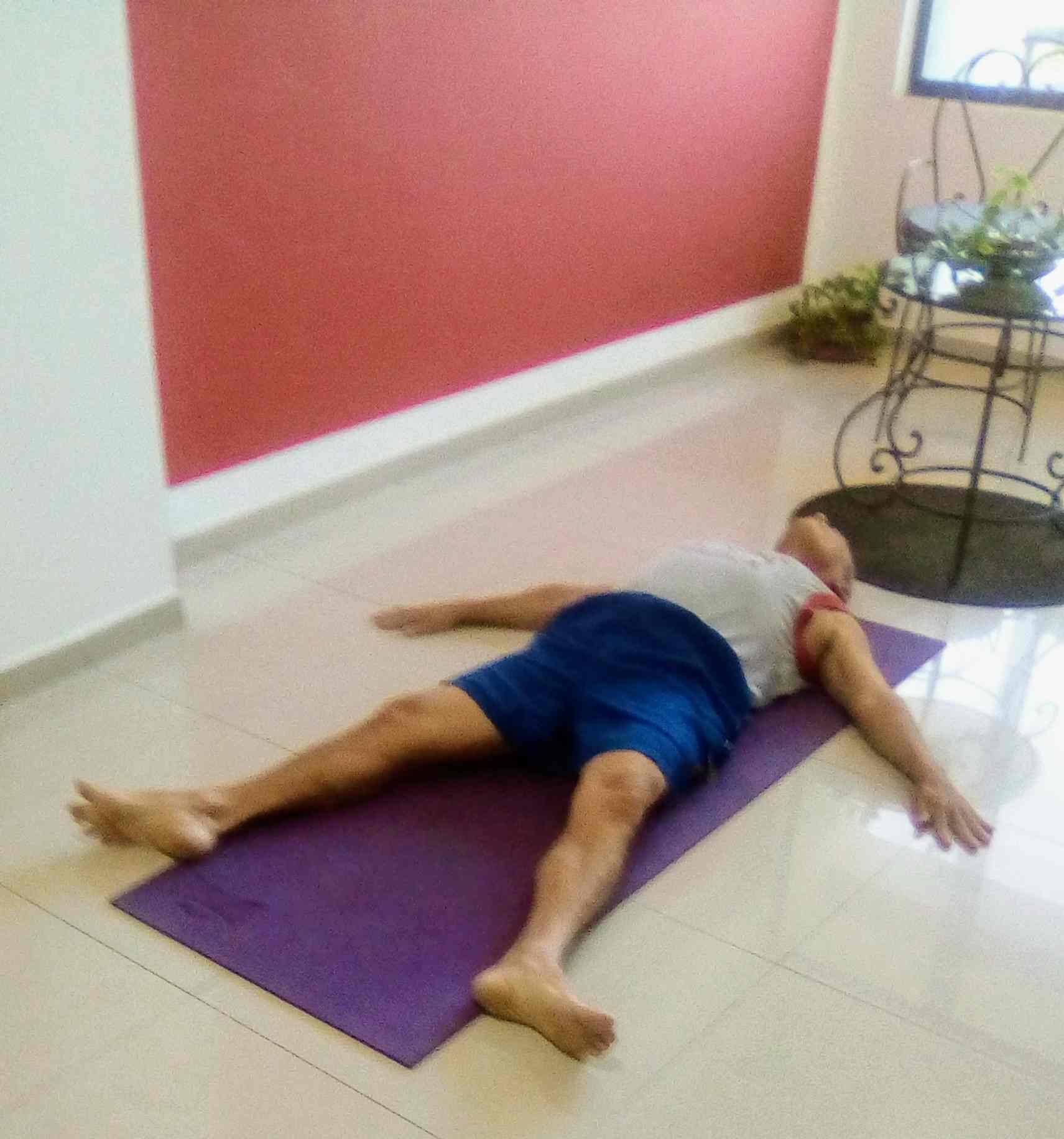



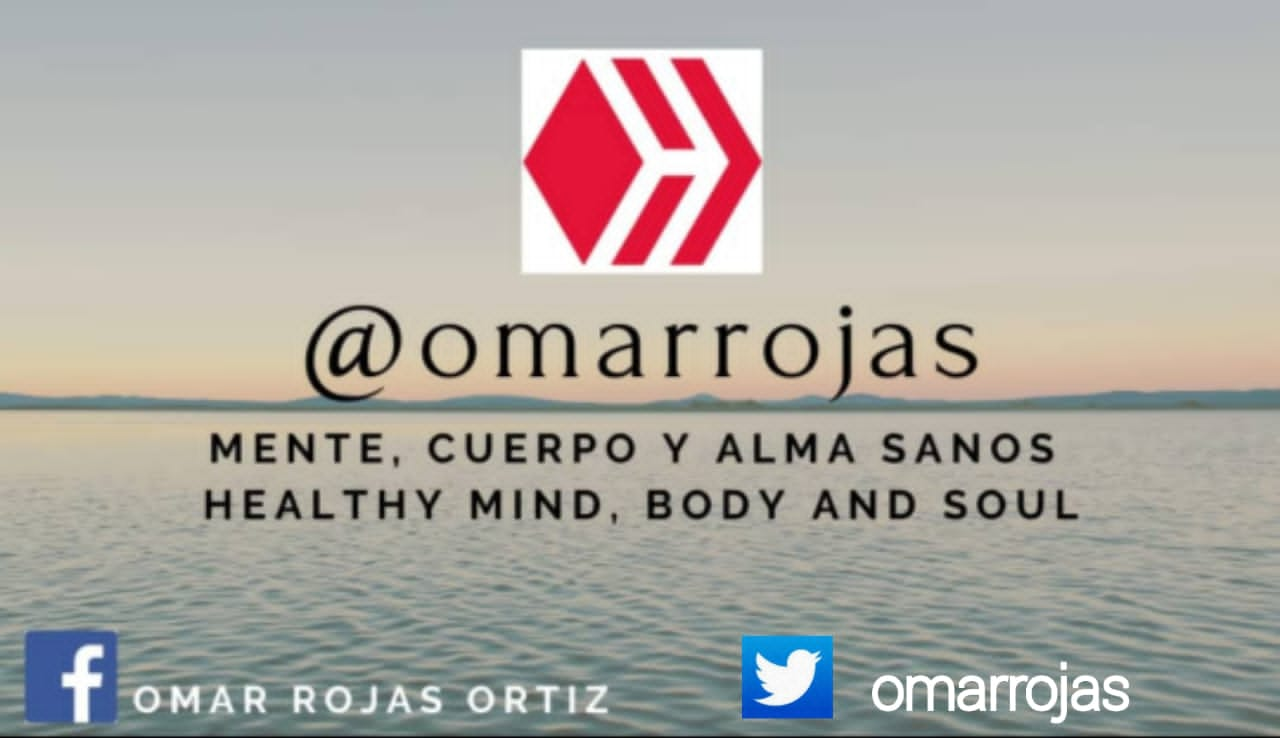




 ](https://www.bitchute.com/video/iopBVMyqYq7o/)
](https://www.bitchute.com/video/iopBVMyqYq7o/)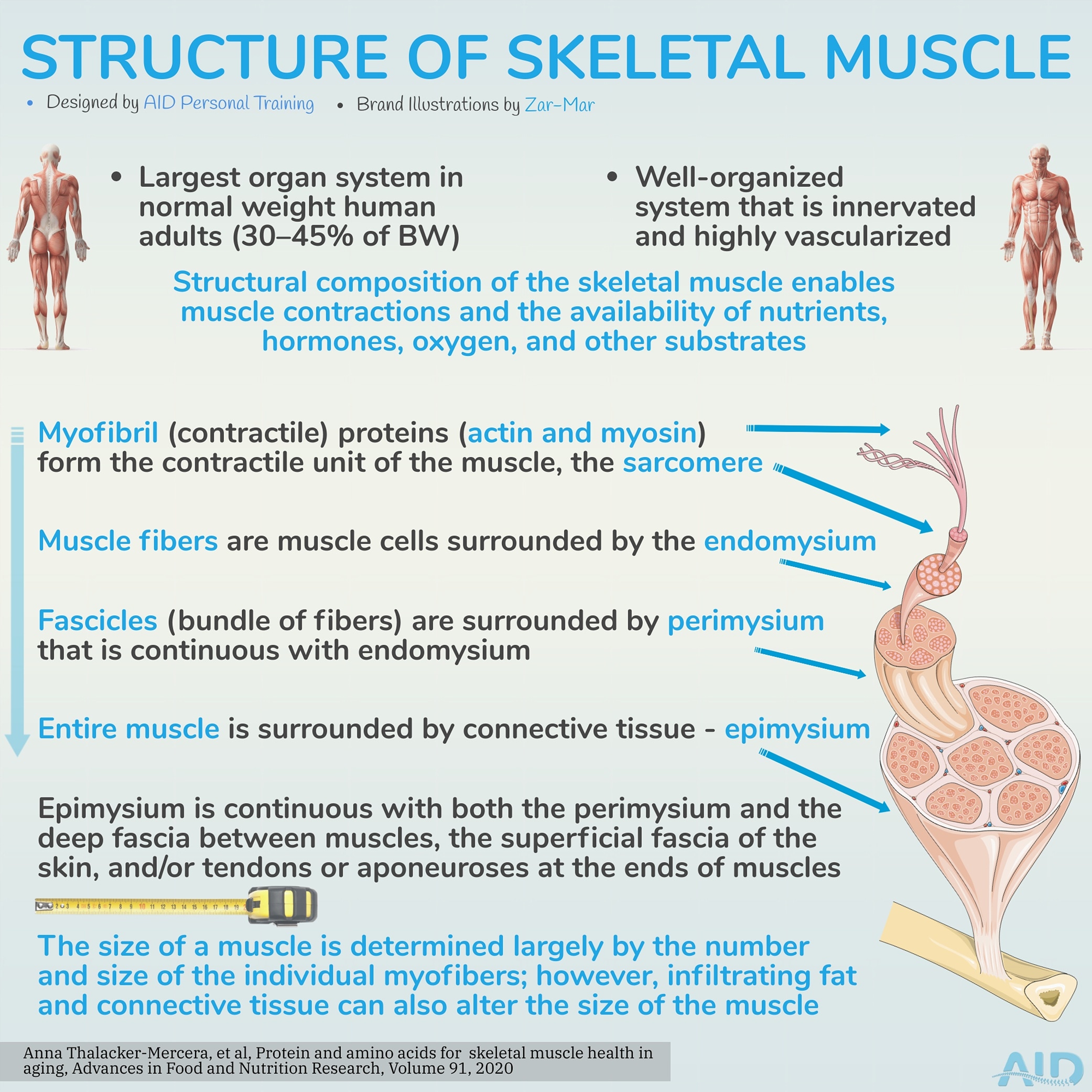

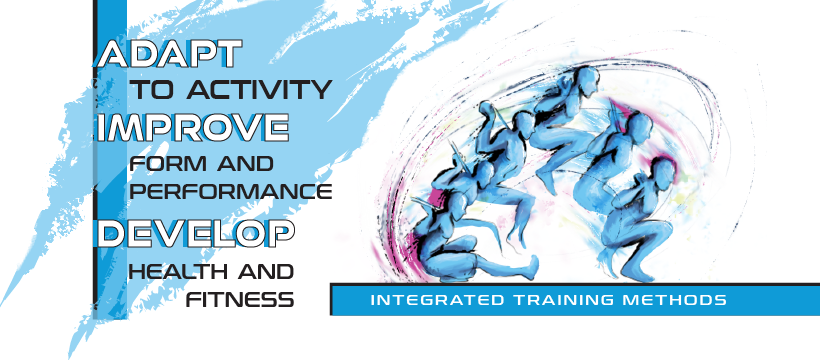

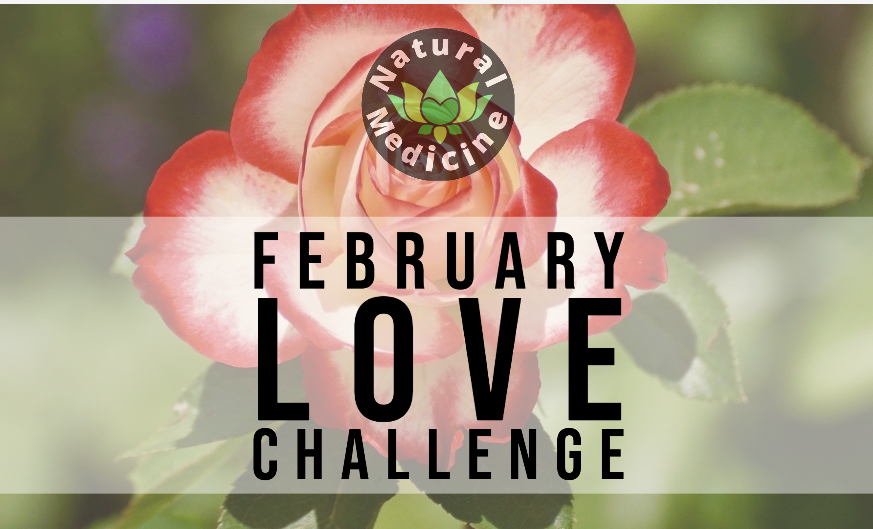

 ](https://hiveonboard.com?ref=naturalmedicine)
](https://hiveonboard.com?ref=naturalmedicine) ](https://www.instagram.com/lotus.medicine/)
](https://www.instagram.com/lotus.medicine/)
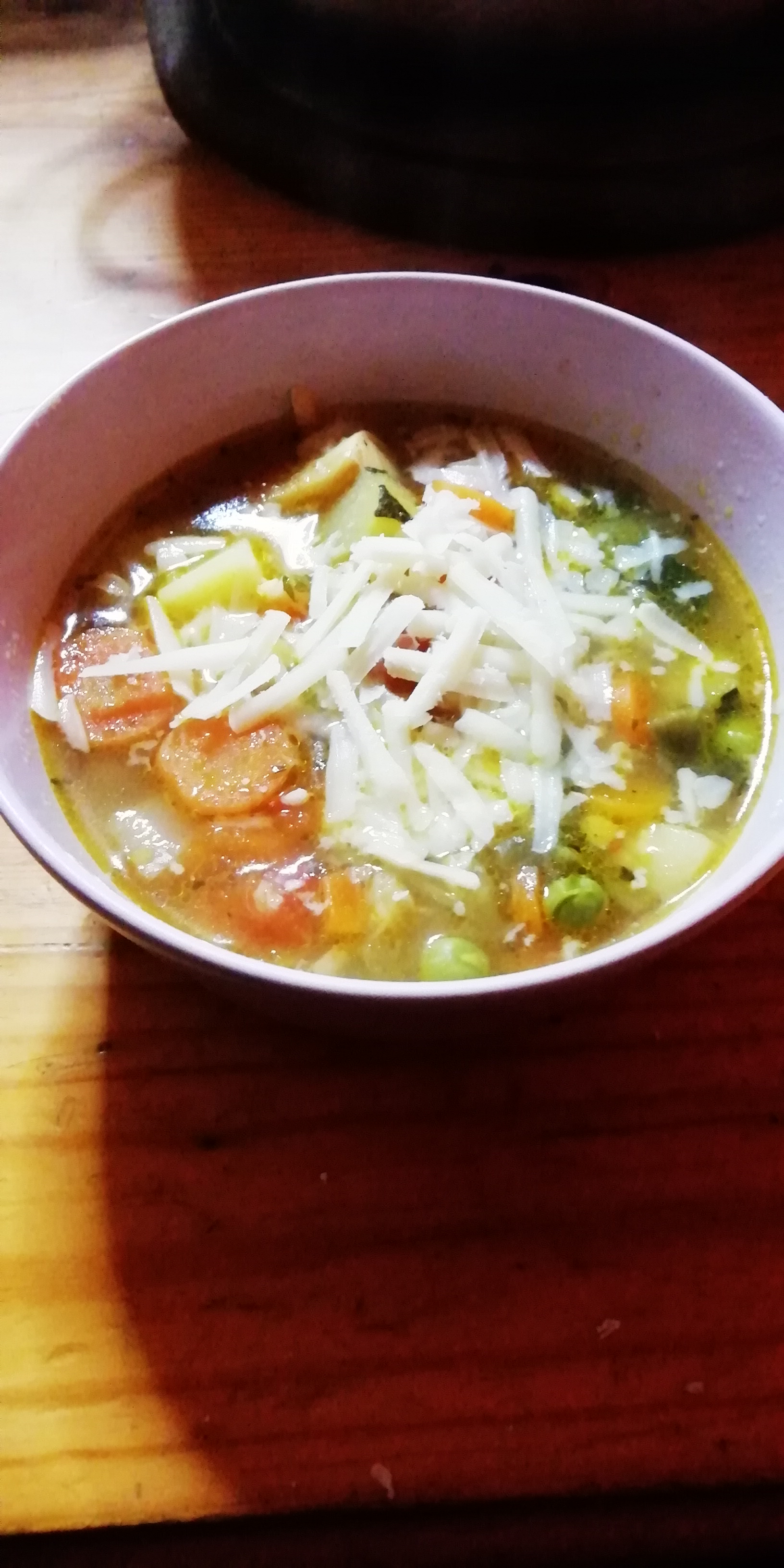
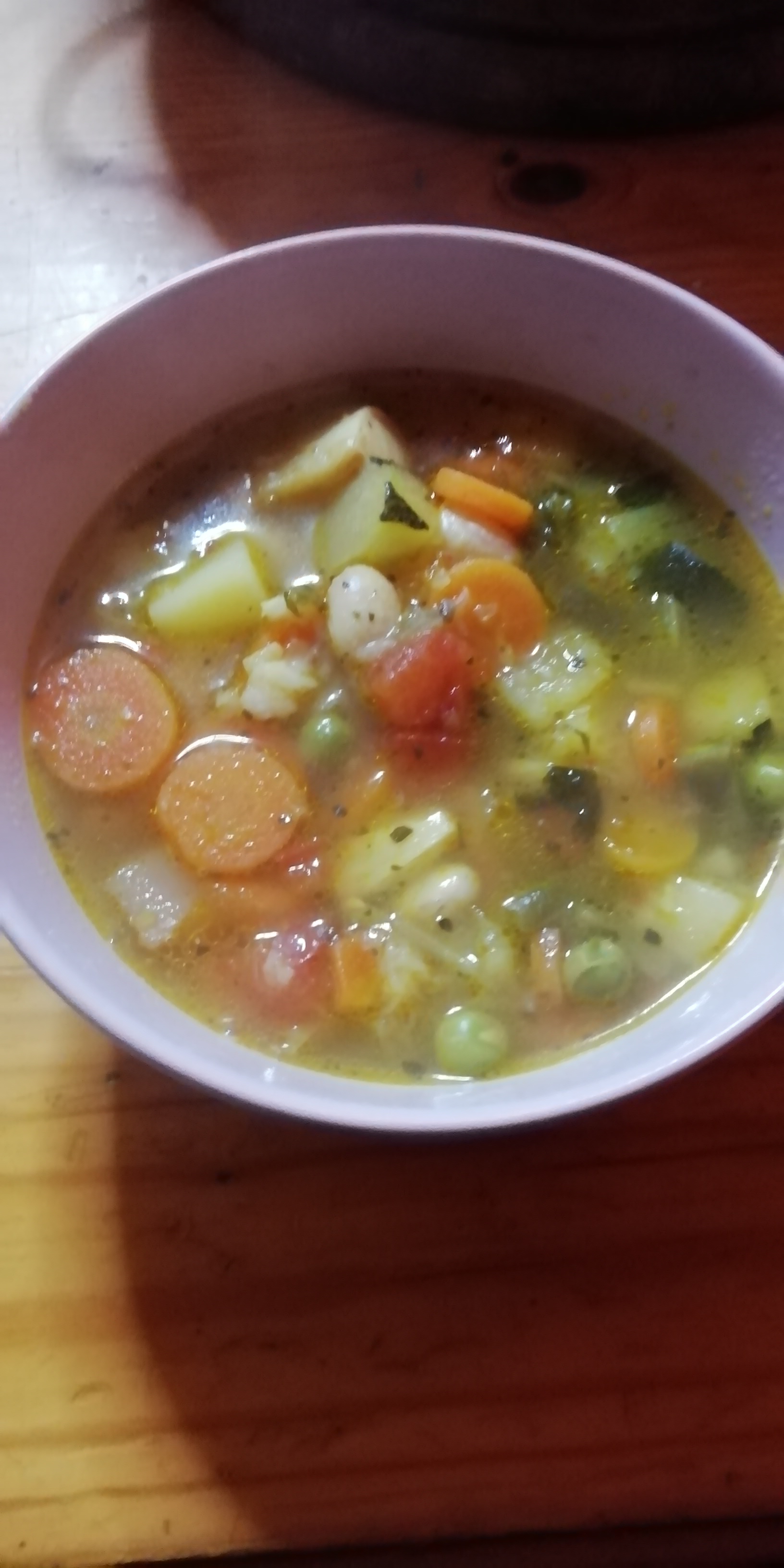
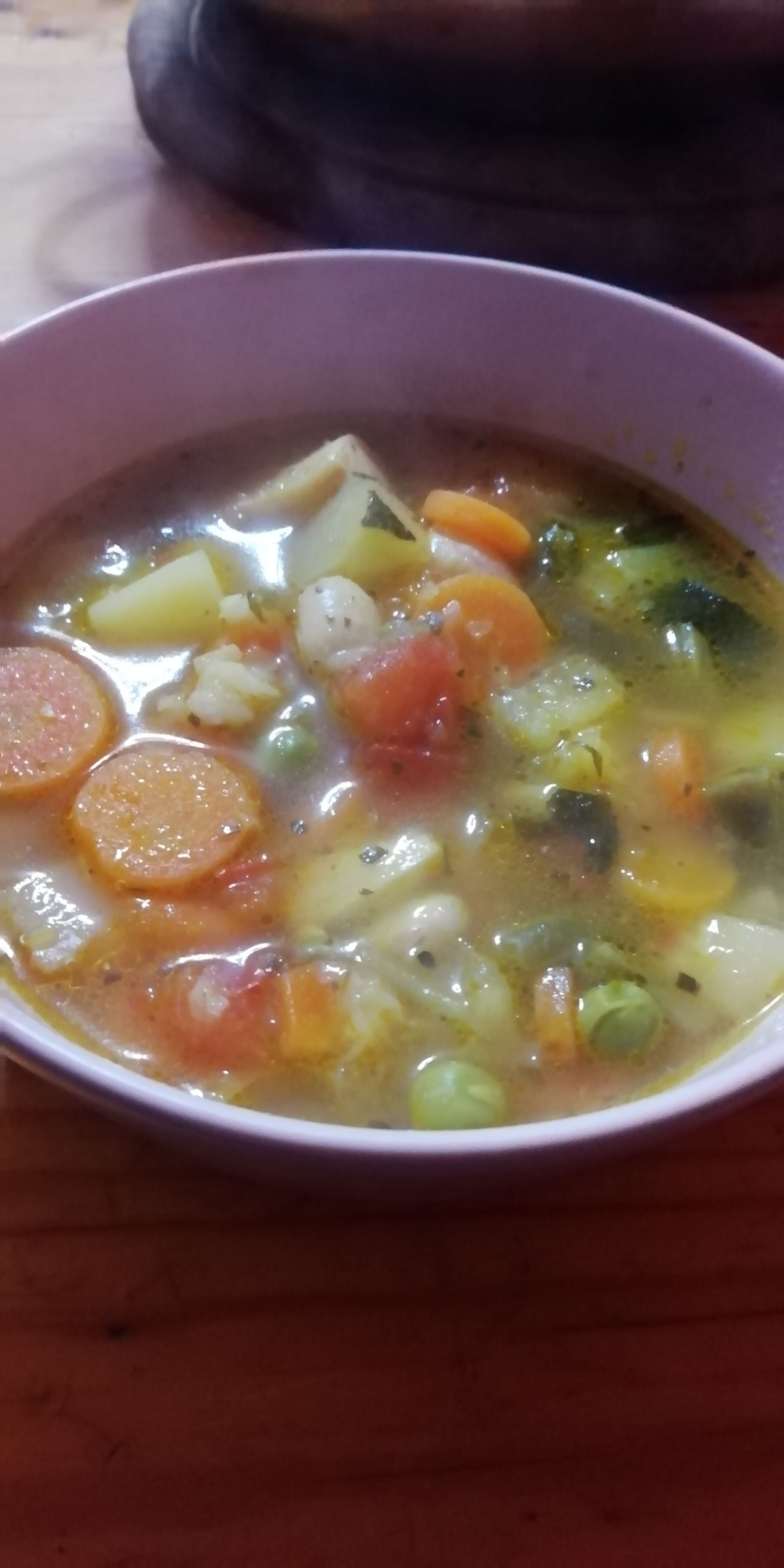
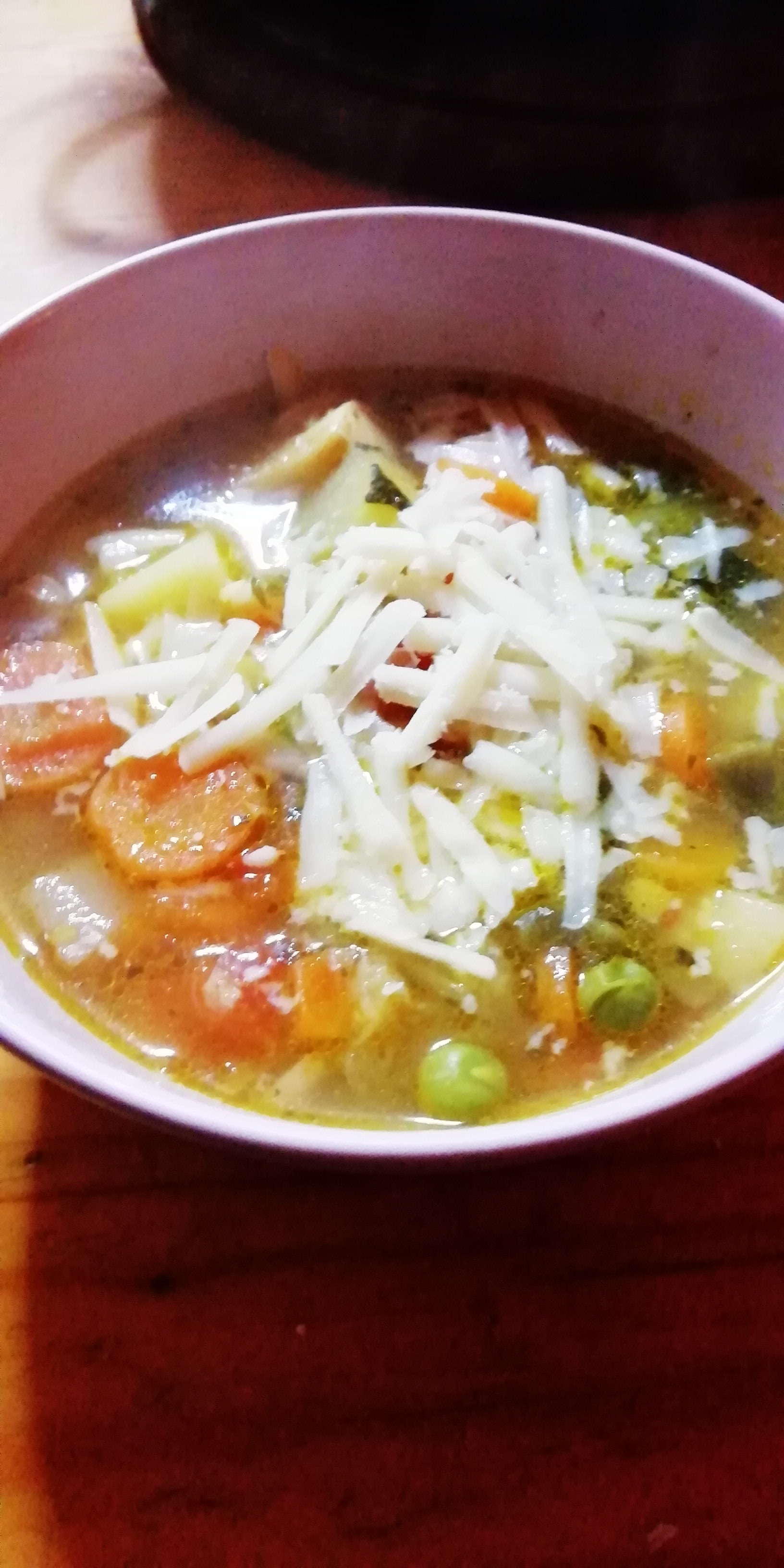
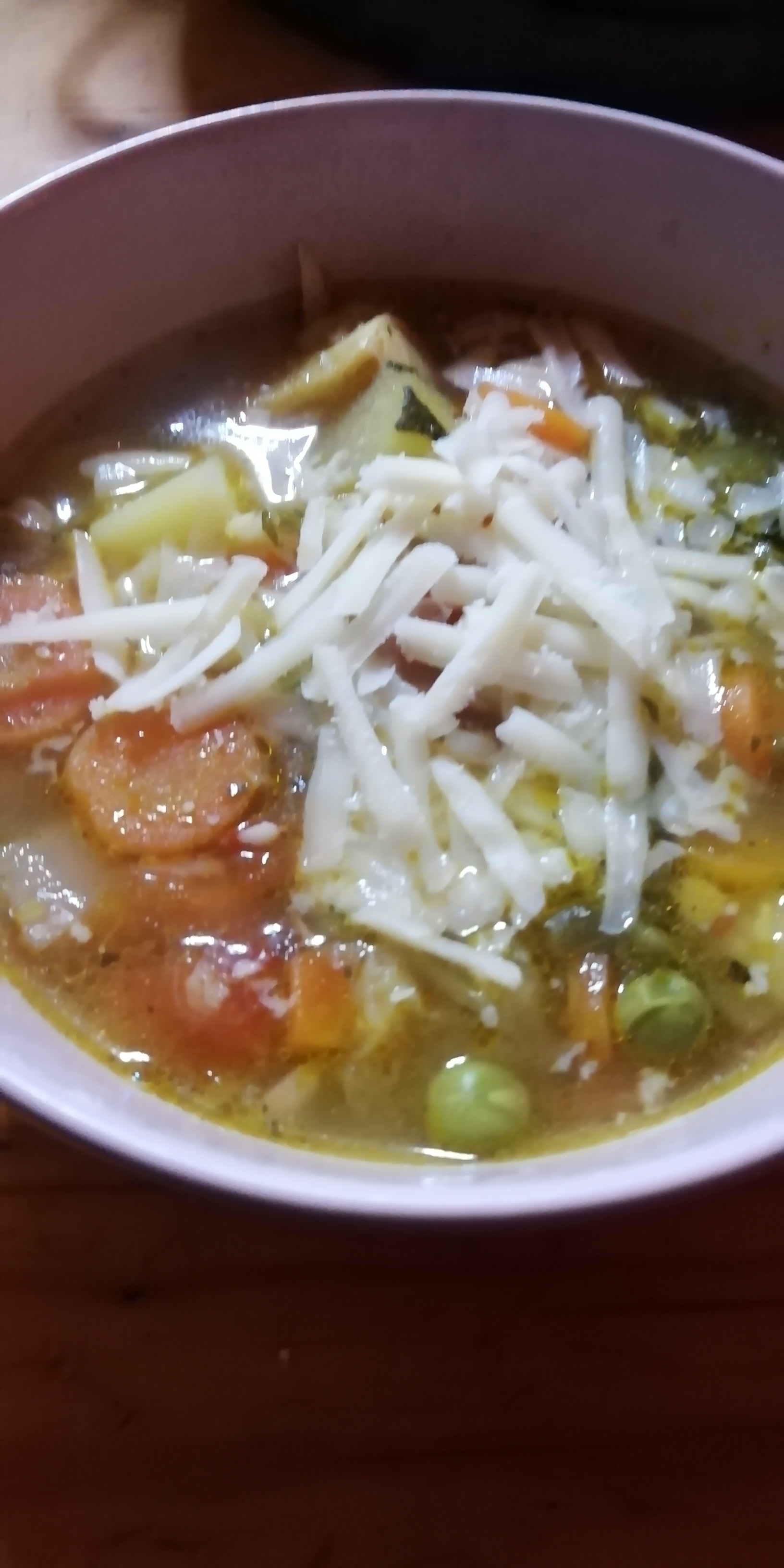
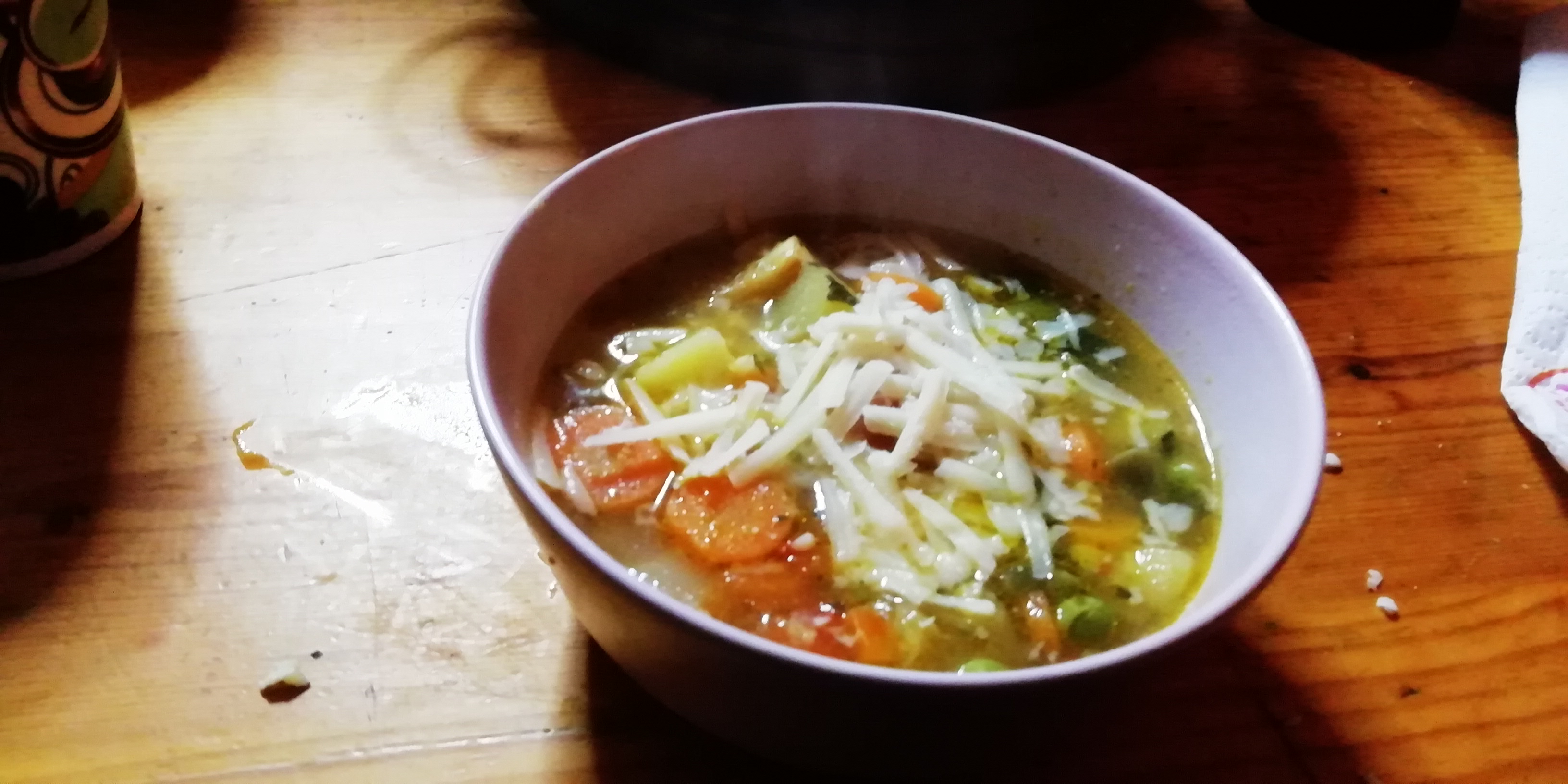
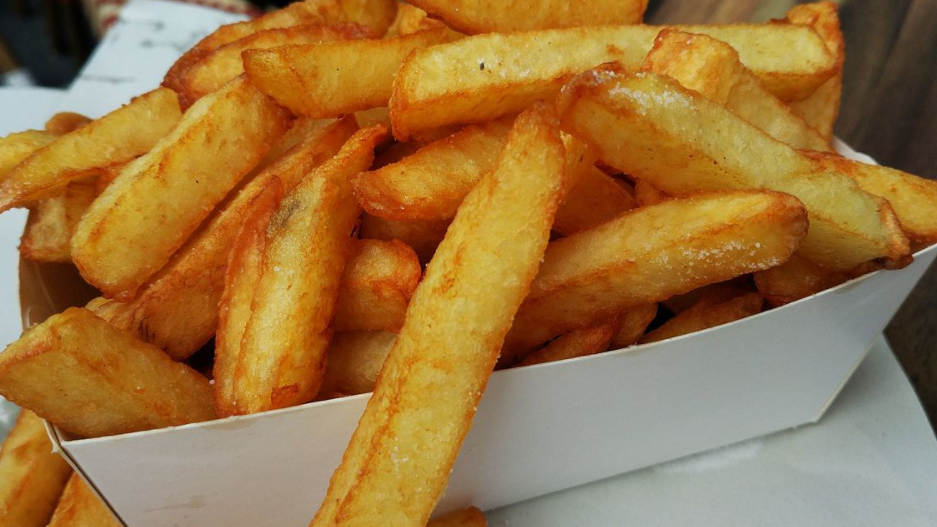
.jpeg)
.jpeg)